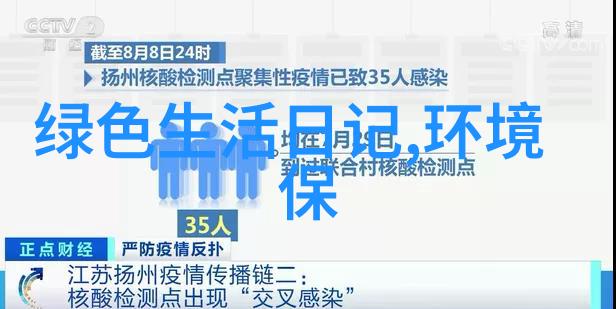工业水水过滤器种类揭秘黑暗中的一线光明
在工业生产的背后,存在着一个不为人知的世界——水。无论是制造业、农业还是日常生活,无处不在,且不可或缺的,是清洁、高质量的水资源。然而,在工业过程中,由于各种污染和杂质,这些原本纯净的水资源往往被玷污了。在这个时候,就需要一种力量——工业水过滤器,它们是行业内最重要也是最基础的设备之一。

第一部分:什么是工业水过滤器?
1.1 定义与作用

Industrial water filtration systems are a crucial component of modern industrial processes, designed to remove impurities and contaminants from water sources. These systems are essential for maintaining the efficiency and effectiveness of various industries, including manufacturing, power generation, agriculture, and more.
1.2 类型概述

There are several types of industrial water filtration systems available on the market today:
Mechanical filters: These filters use physical barriers or screens to trap particulate matter in the water stream.
Chemical treatment: This method involves adding chemicals to the water stream that react with impurities to form compounds that can be easily removed.

Biological treatment: This process uses microorganisms like bacteria or algae to break down organic pollutants in wastewater streams.
Membrane filtration: Membranes made from materials such as polypropylene or ceramic fibers can filter out particles as small as nanometers in size.

第二部分:不同类型下应用场景
2.1 过滤系统选择依据
When selecting an appropriate industrial water filtration system for a specific application, there are several factors to consider:
The type and concentration of contaminants present
The desired level of purification
The flow rate required by the process
Space constraints within the facility
Budgetary considerations
2.2 应用案例分析:
Case Study: Oil Refinery Filtration System Design & Implementation at XYZ Corporation
XYZ Corporation operates one of North America's largest oil refineries in Texas. In order to maintain optimal performance levels while minimizing downtime due to equipment failure caused by contamination issues related primarily with rust particles (Fe), scale formation (CaCO3) resulting from hard-water conditions; corrosion protection against chloride-based cooling tower blowdown waste waters; biological fouling prevention through biofilm control measures applied onto heat exchanger surfaces before scaling up our implementation strategy we proposed following steps below which were executed successfully over period three months without any major incident after installation:
The plant installed a multi-stage reverse osmosis system along with pre-treatment stages using coagulation/flocculation units followed by sedimentation tanks prior feeding into RO membranes themselves then activated carbon filters downstream post-filtering out dissolved organics before final polishing stage utilizing mixed bed ion exchange resins removing remaining trace minerals ions residual chlorine gas—thus ensuring maximum purity attainable under given circumstances!
By doing this they effectively reduced maintenance costs associated both directly indirectly via lower frequency replacement parts thus saving millions annually making this project economically viable case study demonstrating how effective integration technology solution could positively impact business operations leading better outcomes overall profit margins growth potential!



